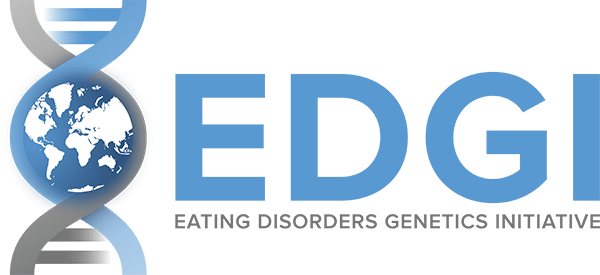Managing Eating Disorders

Dr Sarah Maguire, EDGI advocate, clinical psychologist, and Director of the InsideOut Institute for Eating Disorders, featured on a Medical Republic podcast this week (October 27, 2020) alongside Dr Karen Spielman, GP clinical lead at Headspace, and primary care mental health adviser at the InsideOut Institute. Talking with Dr David Lim they discussed eating disorders and some of the best ways for healthcare professionals to manage them, as well as useful resources and screening strategies.
Read on to find out more if you are a healthcare professional who works with people who are living with, or you suspect may be living with, an eating disorder.
Here at EDGI, we know that all eating disorders are complex mental illnesses that affect approximately one-in-20 Australians and an estimated four to seven percent of the Australian adult population.
“Eating disorders are a mental illness that sort of express themselves in behaviours and across the body, but they originate in the mind and are highly comorbid.
“They can be a consequence of ill mental health that lead to a disorder that people think is just eating, but is actually more than that,” explained Dr Maguire.
The complex and serious nature of eating disorders means that sufficient screening is important to get people on the path to recovery as soon as possible. As eating disorders can affect anyone, from any gender, or cultural background, Dr Maguire and Dr Spielman emphasize that no-one should be disregarded when screening for eating disorders.
“I don’t think it would hurt if there was some sort of universal screener for disordered eating and eating disorders in the adolescent years across the board,” said Dr Maguire.
Dr Spielman agreed with this sentiment stating, “I think we should be screening all young people.”
There are diagnostic instruments available in Australia that can be used by healthcare professionals including the Eating Disorder examination questionnaire and the SCOFF questionnaire.
After screening, Dr Spielman explains that reaching the point of diagnosis for patients is usually a huge relief for them and the point when they can start their journey of receiving the help they need.
“Our role as healthcare professionals is to take people through identification, to diagnosis, to treatment plans, to coordinating with the wider team and following up with recovery,” said Dr Spielman.
If you or one of your patients have experienced anorexia nervosa, bulimia nervosa or binge-eating disorder, click here to volunteer for EDGI AUS today.
If you have any questions or concerns, please contact us at edgi@qimrberghofer.edu.au.
News
- « Previous
- 1
- 2
- 3
- 4
Participant Stories
Sorry, we couldn't find any posts. Please try a different search.


